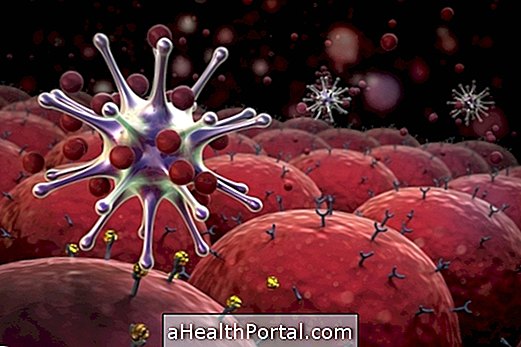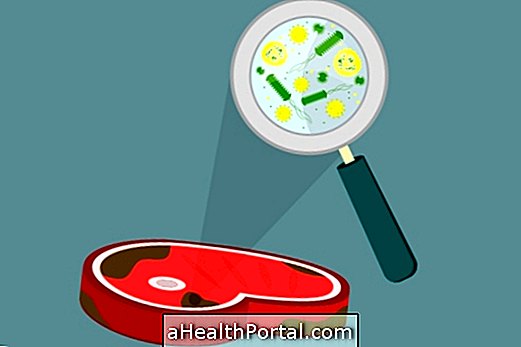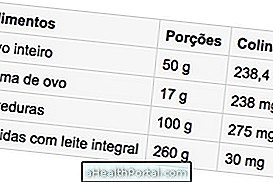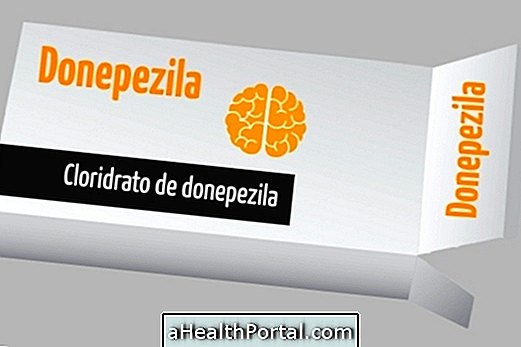Selenium is a mineral with a high antioxidant power and therefore helps prevent diseases such as cancer and strengthen the immune system, as well as protect against heart problems such as atherosclerosis.
Selenium is found in soil and is present in water and in foods such as Brazil nuts, wheat flour, bread and egg yolk, and its supplementation should only be done with the advice of the doctor or nutritionist, because the excess of selenium in the body can cause health problems. See all foods rich in selenium.
1. Acting as an antioxidant

Selenium is a powerful antioxidant that helps reduce the amount of free radicals in the body. These free radicals are naturally formed during body metabolism but can cause damage like inflammation, changes in cell functioning and aging.
People who smoke, consume alcohol regularly and live under a lot of stress end up producing a greater amount of free radicals, having a greater need to consume antioxidant nutrients. See which foods are high in antioxidants.
2. Prevent Cancer
Because it is an antioxidant, selenium protects cells against changes in their DNA that lead to the production of tumors, and is important to prevent lung, breast, prostate and colon cancers.
3. Prevent Cardiovascular Diseases
Selenium reduces the amount of inflammatory substances in the body and increases the amount of glutathione, a powerful antioxidant in the body. These actions reduce the oxidation of bad cholesterol in the blood vessels, which when it happens produces the atheroma plaques, which clog the arteries and cause problems such as heart attack, stroke and thrombosis.
4. Improve the functioning of the thyroid

The thyroid is the organ that most stores selenium in the body, because it is essential to maintain a good production of your hormones. Selenium deficiency can lead to problems like Hashimoto's thyroiditis, a type of hypothyroidism that occurs because the defense cells start to attack the thyroid, reducing its functioning.
5. Strengthen the Immune System
Adequate amounts of selenium in the body help reduce inflammation and improve the immune system, helping even people with diseases such as HIV, tuberculosis and hepatitis C to have more immunity against opportunistic diseases.
6. Help in weight loss
Because it is important for the proper functioning of the thyroid, selenium helps prevent hypothyroidism, diseases that ends up slowing the metabolism and favoring weight gain.
In addition, overweight increases inflammation in the body, which also deregulates the production of satiety hormones. Thus, by acting as an anti-inflammatory and antioxidant, selenium also helps reduce the hormonal changes linked to excess fat, which favors slimming.
7. Prevent Alzheimer's

By acting as an antioxidant, selenium helps prevent and slow the spread of diseases such as Alzheimer's, Parkinson's disease and multiple sclerosis.
This benefit is even greater when selenium is consumed from food sources of good fats, such as Brazil nuts, egg yolks and chicken.
When taking Selenium supplementation
In general, most people who have a varied diet get the recommended amounts of selenium to maintain health, but in some cases their deficiency is more common, such as in people with HIV, Crohn's disease and people who are fed through of nutritive sera injected directly into the vein.
In these cases, the doctor or nutritionist may prescribe the use of selenium supplements.
Risks of Selenium Excess
Excess selenium in the body can cause serious problems such as shortness of breath, fever, nausea and malfunction of organs such as liver, kidneys and heart. Very high amounts can even lead to death, and therefore supplementation should only be done according to the doctor's or nutritionist's advice.





















